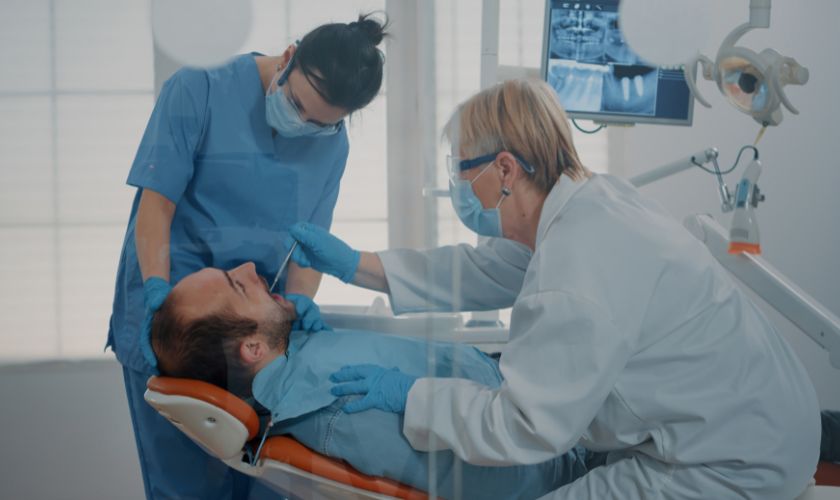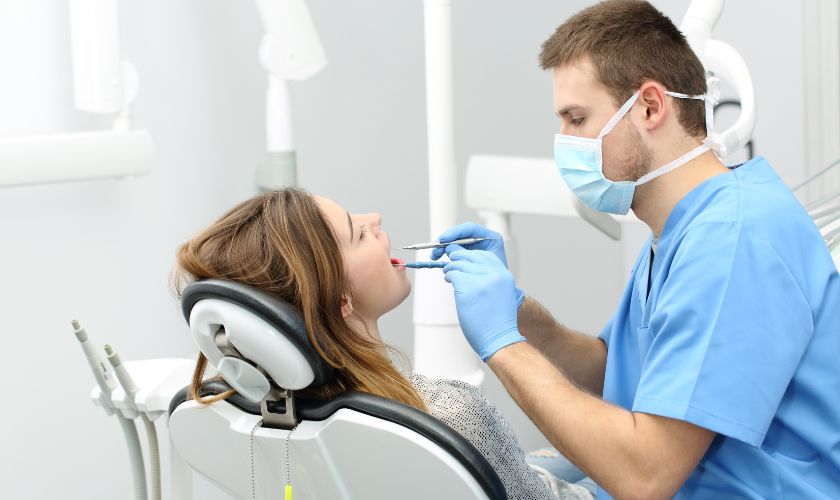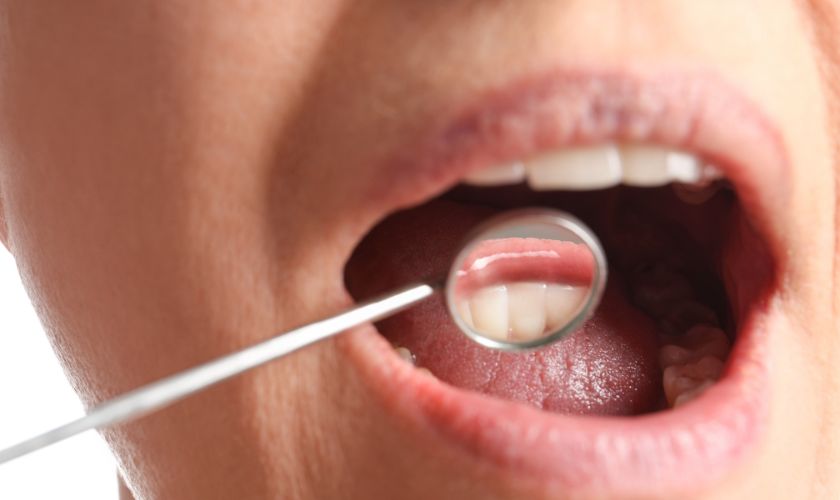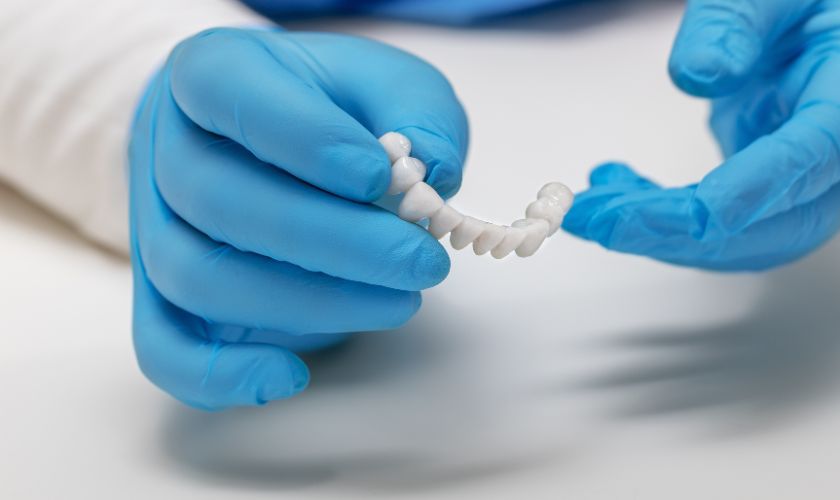
Emergency Dental Care for Severe Toothache: What You Need to Know
April 20, 2023
Dental Emergency
Are you experiencing sharp, throbbing pain in your tooth that won’t go away? If so, you’re probably suffering from a severe toothache. Toothaches can be excruciating and often require immediate attention to alleviate the pain. But what should you do if it’s after hours or on the weekend when most dental offices are closed? In this blog post, we’ll explore everything you need to know about emergency dental care for severe toothaches. From identifying symptoms to exploring at-home remedies and understanding when it’s time to seek professional help, we’ve got you covered! So sit back, relax and let’s dive into the world of toothaches together!
What Are the Symptoms of a Severe Toothache?
A severe toothache is one of the most painful experiences you can have. It can be difficult to determine when a toothache is considered severe, but some symptoms are more obvious than others.
One of the main symptoms of severe toothache is intense pain that lasts for an extended period. The pain can feel like throbbing or pulsating and may radiate throughout your jaw and head. Additionally, you may notice swelling around the affected area, as well as redness or tenderness in your gums.
In some cases, a severe toothache may also cause sensitivity to hot or cold temperatures, making it nearly impossible to eat or drink without discomfort. You may find yourself avoiding certain foods and drinks altogether due to this sensitivity.
Another symptom that indicates a severe toothache is difficulty sleeping at night due to persistent pain. Toothaches that keep you up at night are especially concerning since they will likely only worsen over time if left untreated.
If you experience any combination of these symptoms, it’s crucial to seek dental care immediately before the issue becomes even more serious.
How to Treat a Severe Toothache Without an Emergency Dentist
If you’re unable to see an emergency dentist right away, there are still things you can do at home to help alleviate the pain of a severe toothache. Here are some tips on how to treat a severe toothache without an emergency dentist:
1. Rinse your mouth with warm salt water: Dissolve half a teaspoon of salt in eight ounces of warm water and swish it around your mouth for 30 seconds before spitting it out. This can help reduce swelling and ease the pain.
2. Apply a cold compress: Place a cold compress or ice pack on the outside of your cheek near the affected tooth for 20 minutes at a time, several times throughout the day. This can help numb the area and reduce inflammation.
3. Take over-the-counter painkillers: Over-the-counter pain relievers such as ibuprofen or acetaminophen can provide temporary relief from toothache pain.
4. Use clove oil: Clove oil contains eugenol, which has natural numbing properties that may be able to provide short-term relief from toothache pain when applied directly to the affected area using a cotton ball.
Remember that these remedies will only provide temporary relief, and seeing an emergency dentist is still necessary if you want to address the root cause of your severe toothache.
What If the Toothache is Really Bad?
If you’re experiencing a severe toothache, you must visit an emergency dentist as soon as possible. However, what do you do if the pain is unbearable and the dental clinic is closed?
Firstly, try to identify the source of the pain. Rinse your mouth with warm water and use dental floss to remove any food particles that may be stuck between your teeth. If this doesn’t alleviate your symptoms, take over-the-counter pain medication such as ibuprofen or acetaminophen.
If your face has swollen due to a tooth infection, try applying a cold compress on the affected area for 20 minutes at a time. This can help reduce inflammation and provide temporary relief from discomfort.
Avoid consuming hot or cold foods and drinks that could intensify sensitivity in your teeth. Instead, opt for soft foods like yogurt or mashed potatoes until you can receive professional dental care.
Remember that these are only temporary solutions; severe toothaches require immediate attention from an emergency dentist who can diagnose and treat underlying conditions causing the intense pain.
Conclusion
Toothaches can be a real pain, especially when they become severe. While there are some things you can do at home to try and manage the pain, it’s important to know that emergency dental care is always available if you need it. If you’re experiencing any symptoms of a severe toothache, such as throbbing pain or swelling around the affected area, don’t hesitate to seek help from your dentist or an emergency dental clinic. Remember that early intervention is key in preventing further damage and discomfort.
Recent Posts

Top 5 Tips for Choosing the Right Pediatric Dentist

Dental Emergencies: Don’t Suffer in Silence, Get Fast Relief

Oral Cancer: Know the Signs and Symptoms for Early Detection

Understanding the Role of Dental Crowns in Oral Health


